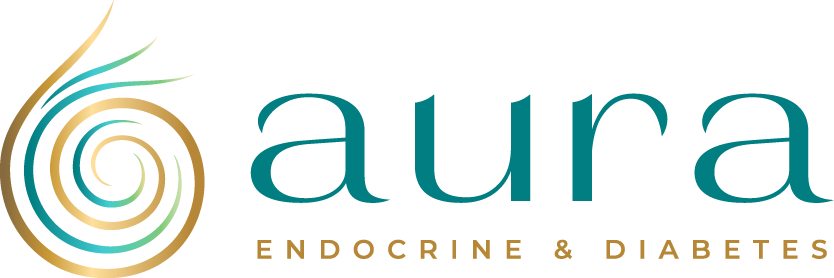Optimizing Office Efficiency:
In the modern healthcare environment, physicians and staff constantly look for ways to enhance efficiency and deliver high-quality patient care. One effective method of accomplishing this is by reducing administrative work during appointments. By completing essential paperwork, such as insurance forms and medical histories, prior to a visit, patients help streamline the process and free up time for more focused care.
Challenges in Getting Paperwork Completed Early
Despite phone calls, text reminders, and other outreach efforts, many patients still arrive without filling out their forms in advance. Understandably, life can be hectic, work commitments, family duties, and other responsibilities can make tasks like paperwork feel less urgent. Additionally, some individuals might be uncomfortable with technology or unsure of how to navigate online portals, which can further delay the completion of forms.
Impact on Efficiency and Patient Satisfaction
When patients do not complete their paperwork beforehand, office staff often have to handle these administrative details during the appointment. This can lead to:
1. Longer Waiting Times: Insurance verifications and data entry may push back appointment schedules, leaving patients in the waiting room longer than anticipated.
2. Reduced Focus on Care: Instead of concentrating on the patient’s medical concerns, staff members must juggle administrative tasks, decreasing face-to-face care time.
3. Potential Communication Issues: Patients who call with questions or appointment concerns may experience delayed responses if staff are busy with extra paperwork.
Missed phone calls and slower response times can lead to frustration, which sometimes escalates into negative online reviews. These reviews, in turn, can have a lasting impact on a practice’s reputation.
The Value of Completing Paperwork Ahead of Time
Filling out forms before an appointment benefits everyone involved:
Patient Benefits:
- Shorter wait times.
- More attention from medical professionals during the actual visit.
- A smoother, more personal experience overall.
Practice Benefits:
- Office staff can verify insurance and medical histories in advance.
- Fewer administrative tasks to handle during appointments.
- More efficient workflows and better patient service, leading to higher satisfaction rates.
Improving Communication and Reducing Wait Times
To bridge communication gaps and lower patient frustration, many healthcare providers now recommend:
1. Patient Portals and Secure Text Messaging:
- Direct communication between patient and physician.
- Fewer messages passed through multiple staff members.
- Faster, more efficient responses to patient inquiries.
2. Early Education and Assistance:
- Inform patients about the importance of pre-appointment paperwork.
- Offer support or guidance for those who are unfamiliar with technology or have limited time.
By taking these steps, providers can lessen the administrative burden during appointments, reduce missed phone calls, and offer a more positive experience overall.
Conclusion
Completing paperwork in advance may seem like a small step, but it significantly improves appointment efficiency, and the quality-of-care patients receive. By embracing online portals, secure messaging, and early education, both patients and healthcare offices can work together to create a smoother process. The outcome is clear: reduced wait times, improved communication, and more focused care—all of which lead to better patient satisfaction and fewer negative reviews.
At Aura Endocrine & Diabetes, we recognize the importance of these steps and are doing our best to incorporate them into our practice. By continually refining our patient portals, offering secure text messaging, and providing assistance for those who need help completing forms, we aim to deliver the highest level of care and ensure each patient’s experience is as efficient and positive as possible.




